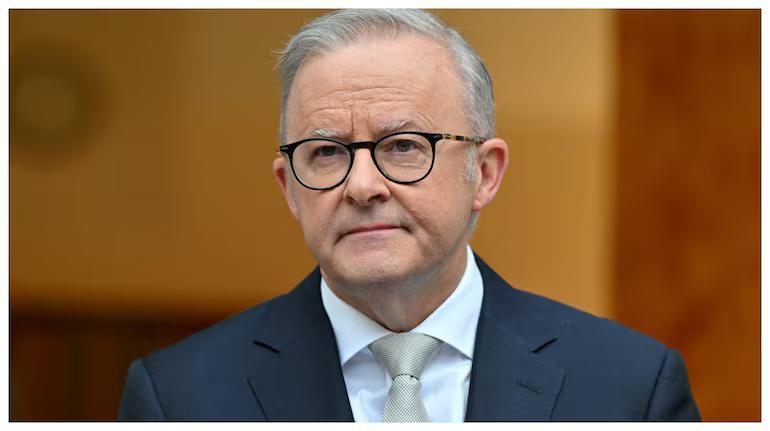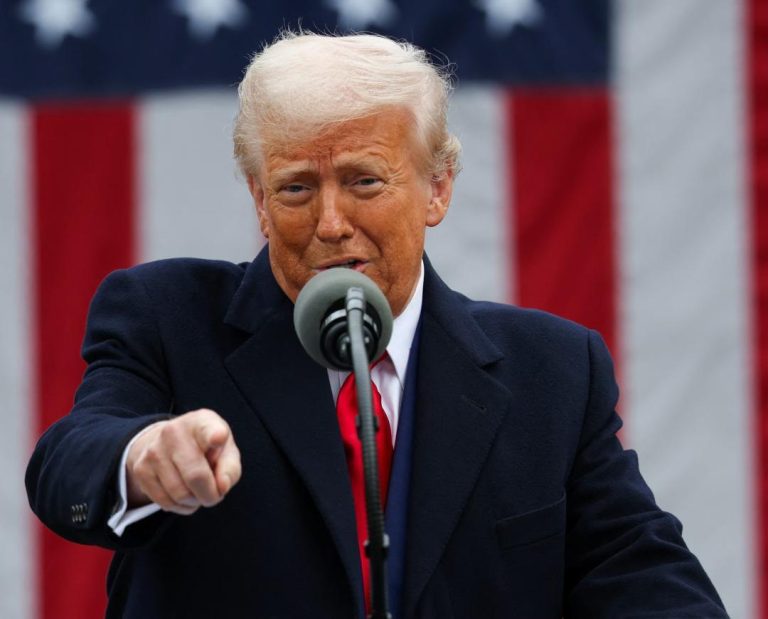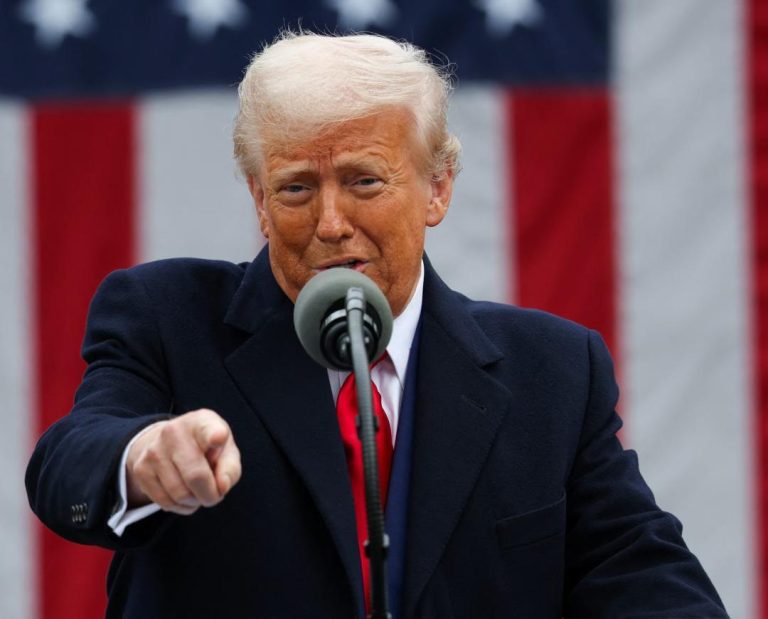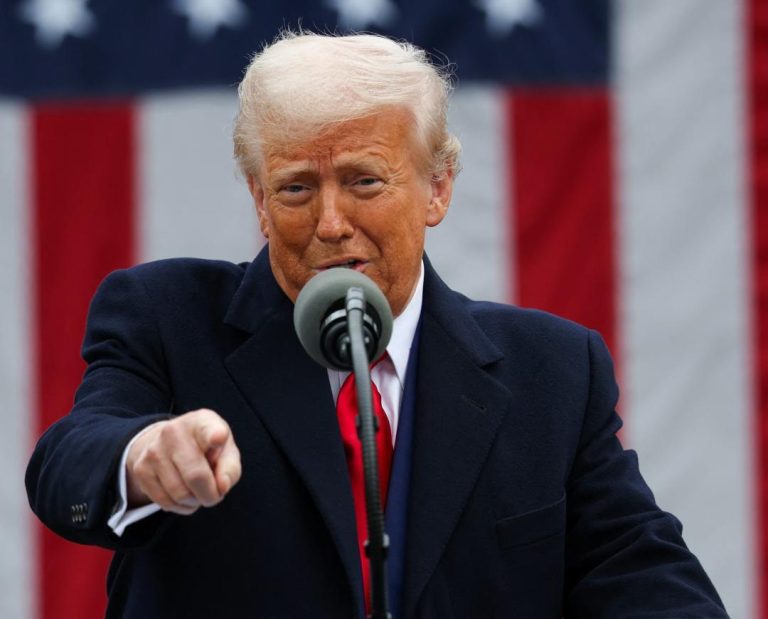
Not an Act of a Friend: Australia Reacts to US Impose 10% Reciprocal Tariff
The United States has recently imposed a 10% reciprocal tariff on Australia, sparking a strong reaction from the Australian government. In response to the move, Australian Prime Minister Anthony Albanese described the US action as “not an act of a friend”. The tariff, which is effective from June 2023, is a significant development in the bilateral trade relationship between the two countries.
The US move is seen as a retaliatory measure against Australia’s decision to impose a 35% tariff on American steel and aluminum imports. The US had previously imposed tariffs on steel and aluminum imports from several countries, including Australia, citing national security concerns. The Australian government had responded by imposing its own tariffs on US steel and aluminum imports.
The Australian government has announced that it will seek to negotiate with the US to remove the tariffs without resorting to the dispute resolution mechanism in the two countries’ Free Trade Agreement. The agreement, which was signed in 2004, provides a framework for resolving trade disputes between the two countries.
Australia’s decision to seek negotiations rather than resorting to the dispute resolution mechanism is seen as a sign of its commitment to maintaining a positive relationship with the US. The country’s trade minister, Jim Chalmers, has stated that the government is keen to work with the US to find a solution that benefits both countries.
Despite the imposition of tariffs, the impact on Australia’s economy is expected to be minimal. Exports to the US are less than 5% of Australia’s total goods exports, making the country less reliant on the US market than many other countries.
The US tariffs on Australian steel and aluminum imports are expected to have a more significant impact on the US economy. The tariffs are likely to increase the cost of production for US companies that rely on these imports, which could lead to higher prices for consumers.
The imposition of tariffs by the US on Australian steel and aluminum imports is seen as a sign of the growing tensions in the global trade environment. The US has been increasingly aggressive in its use of tariffs in recent years, with the Trump administration imposing tariffs on a range of imports, including steel and aluminum, as well as goods from China.
The Australian government has expressed concern about the impact of the tariffs on its economy, but has also emphasized the need to maintain a positive relationship with the US. The country’s prime minister, Anthony Albanese, has stated that the government is committed to working with the US to find a solution that benefits both countries.
In conclusion, the imposition of a 10% reciprocal tariff by the US on Australia is a significant development in the bilateral trade relationship between the two countries. While the impact on Australia’s economy is expected to be minimal, the move is seen as a sign of the growing tensions in the global trade environment. The Australian government has announced that it will seek to negotiate with the US to remove the tariffs without resorting to the dispute resolution mechanism in the two countries’ Free Trade Agreement.





